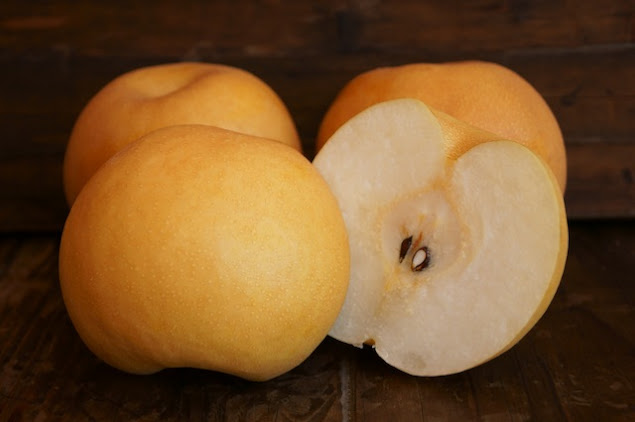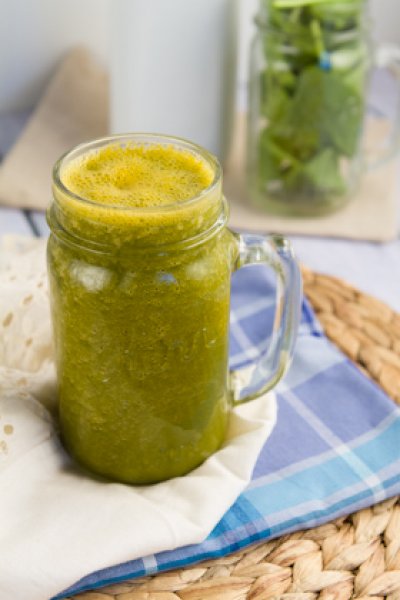 |
| [Read Time: 2-3 minutes] |
A lost child in the produce section.
An afterthought in the bowl if there's an apple or orange left.
Never permitted in Club Smoothie -- pears really get no respect.
 |
| Rodney Dangerfield |
My mom always told me fiber is good and all, but what about the hangover cure part?There is no cure for a hangover, but there is a natural remedy that can help. Believe it or not, pears can actually reduce your hangover symptoms by up to 21%, according to research by Horticulture Innovation Australia. Eating one Korean (Asian) pear before (not after) you go out partying has shown to metabolize your booze quicker. Korean pears are also known as “apple pears” because of their apple-like texture.
 |
| The Korean Pear |
So does the high amount of pear fiber absorb my Bud lights like a sponge or something?Not exactly. The Korean pear acts on the two key enzymes, alcohol dehydrogenase (ADH) and aldehyde dehydrogenase (ALDH), to speed up alcohol metabolism and help inhibit alcohol absorption. The toxic metabolite acetaldehyde, responsible for those miserable hangover symptoms, was actually reduced in blood levels after 7 oz of pear juice was consumed.
Looks like I'll be hitting up Costco later for some pears.
 |
| A big box of pears |
Gramps could definitely use some pears in his diet then.As should anyone. Pears should be included in everyone's diet. Also, don't peel them. When you peel off the skin, you take out 25% of the vitamin C and a powerful fruit antioxidant called phenolic acid. In fact, all the chemical components found in the peel were approximately 6 to 20 times higher than those in the flesh of the pear alone.
So suck it up, wash off the outside, and eat the whole pear with the skin and all before you begin your festivities this weekend.
PEARRIFIC SMOOTHIE
2. Health benefits of fruits and vegetables. Slavin JL, Lloyd B. Adv Nutr. 2012 Jul 1; 3(4):506-16.
3. Fruit and vegetable consumption and lung cancer risk: updated information from the European Prospective Investigation into Cancer and Nutrition (EPIC). Linseisen J, Rohrmann S, Miller AB, et al. Int J Cancer. 2007 Sep 1; 121(5):1103-14.
The natural hangover remedy
A smoothie made with fresh veggie juice blended with a healthy dose of spinach and a ripe pear to help prevent those hangover symptoms the morning after.
Eating Style: Dairy-free, Egg-free, Gluten-free, Grain-free, Nut-free, Paleo, Refined Sugar-free, Soy-free, Sugar-free, Vegan, Vegetarian
(credit: Leanne Vogel)
(credit: Leanne Vogel)

INGREDIENTS
- 2 kale leaves
- 2 celery sticks
- 2 carrots
- 1 small knob of ginger
- 1 pear, core remove and sliced
- 2 cups of spinach
- 1 tablespoon chia seeds
- 6-8 ice cubes
1. Begin with your juicer on the 'low' setting for the kale. Then juice the carrots, celery, and ginger on 'high.'
2. Pour the fresh juice into the blender. Add in the pear slices, spinach, chia seeds, and ice.
3. Blend for about 30 seconds or until the desired consistency is reached.
References
1. https://www.ncbi.nlm.nih.gov/pmc/articles/PMC4657810/. Reiland, Holly, and Joanne Slavin. “Systematic Review of Pears and Health.” Nutrition Today 50.6 (2015): 301-305. PMC. Web. 23 Dec. 2016.2. Health benefits of fruits and vegetables. Slavin JL, Lloyd B. Adv Nutr. 2012 Jul 1; 3(4):506-16.
3. Fruit and vegetable consumption and lung cancer risk: updated information from the European Prospective Investigation into Cancer and Nutrition (EPIC). Linseisen J, Rohrmann S, Miller AB, et al. Int J Cancer. 2007 Sep 1; 121(5):1103-14.
4. Intakes of fruit, vegetables, and specific botanical groups about lung cancer risk in the NIH-AARP Diet and Health Study. Wright ME, Park Y, Subar AF, Freedman ND, Albanes D, Hollenbeck A, Leitzmann MF, Schatzkin A. Am J Epidemiol. 2008 Nov 1; 168(9):1024-34.
5. Fruit and vegetable intake and risk of cancer: a prospective cohort study. George SM, Park Y, Leitzmann MF, Freedman ND, Dowling EC, Reedy J, Schatzkin A, Hollenbeck A, Subar AF
Am J Clin Nutr. 2009 Jan; 89(1):347-53.
Am J Clin Nutr. 2009 Jan; 89(1):347-53.
6.Chemical composition and antioxidant and anti-inflammatory potential of peels and flesh from 10 different pear varieties (Pyrus spp.). Li X, Wang T, Zhou B, Gao W, Cao J, Huang L. Food Chem. 2014; 152():531-8.
7. Chemical composition and anti-inflammatory and antioxidant activities of eight pear cultivars. Li X, Zhang JY, Gao WY, Wang Y, Wang HY, Cao JG, Huang LQ. J Agric Food Chem. 2012 Sep 5; 60(35):8738-44.
8. Daily consumption of apple, pear, and orange juice affects plasma lipids and the antioxidant capacity of smoking and non-smoking adults. Alvarez-Parrilla E, De La Rosa LA, Legarreta P, Saenz L, Rodrigo-García J, González-Aguilar GA. Int J Food Sci Nutr. 2010 Jun; 61(4):369-80.
9. Total and specific fruit and vegetable consumption and risk of stroke: a prospective study. Larsson SC, Virtamo J, Wolk A. Atherosclerosis. 2013 Mar; 227(1):147-52.
10. Fruits and vegetable consumption and risk of stroke: a meta-analysis of prospective cohort studies. Hu D, Huang J, Wang Y, Zhang D, Qu Y. Stroke. 2014 Jun; 45(6):1613-9.
11. https://www.healthfulpursuit.com/recipe/pearrific-smoothie/. Pearrific Green Smoothie.
